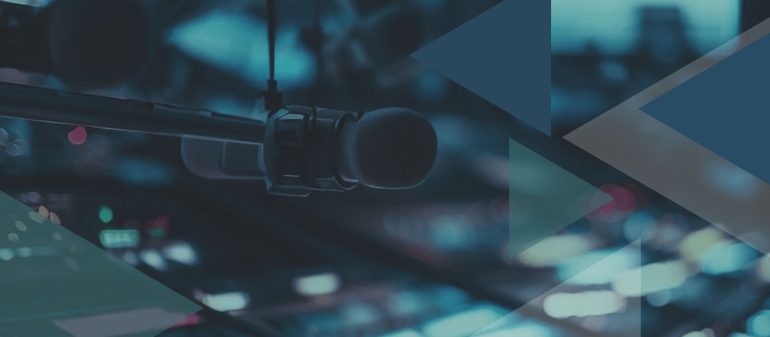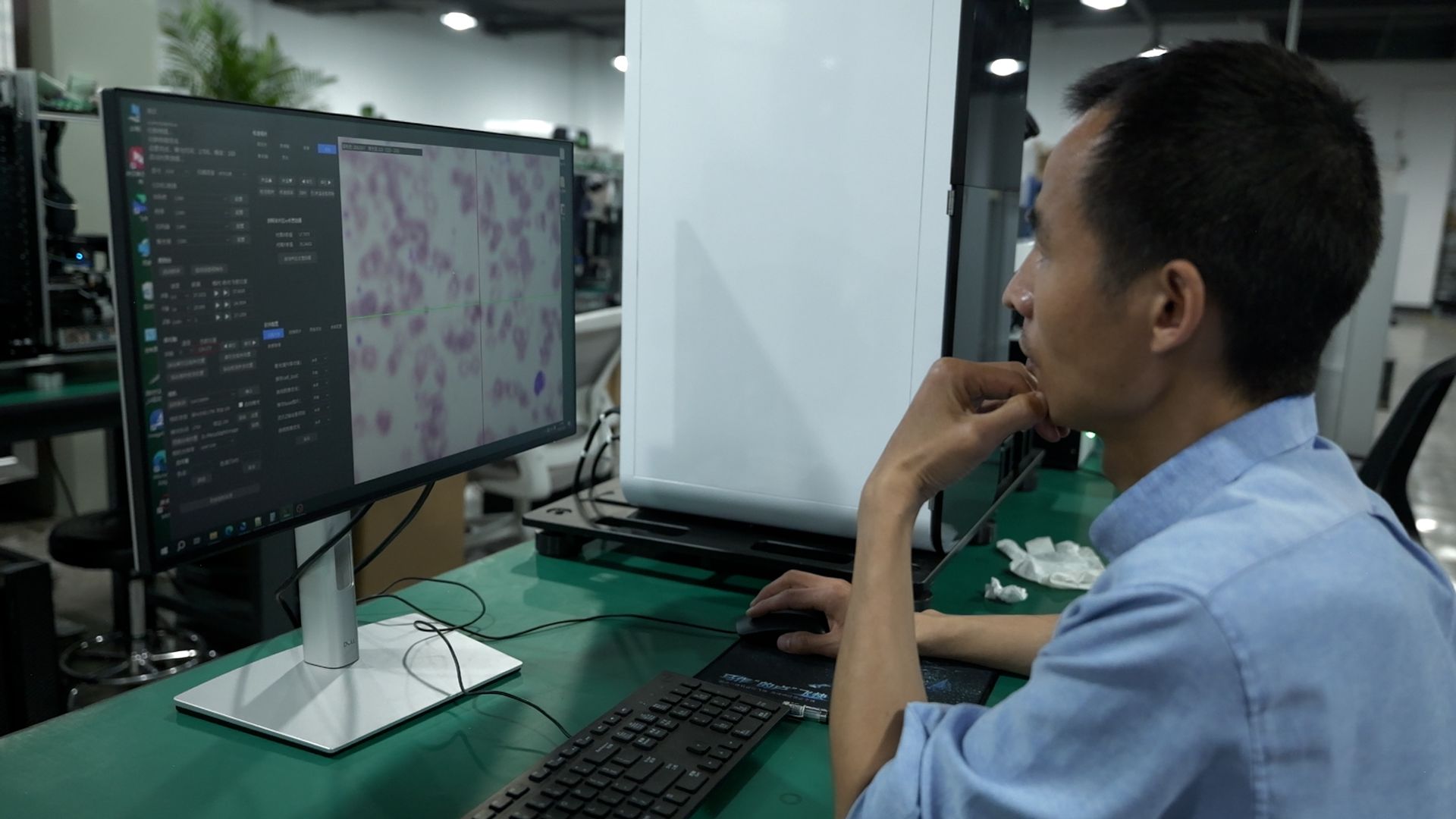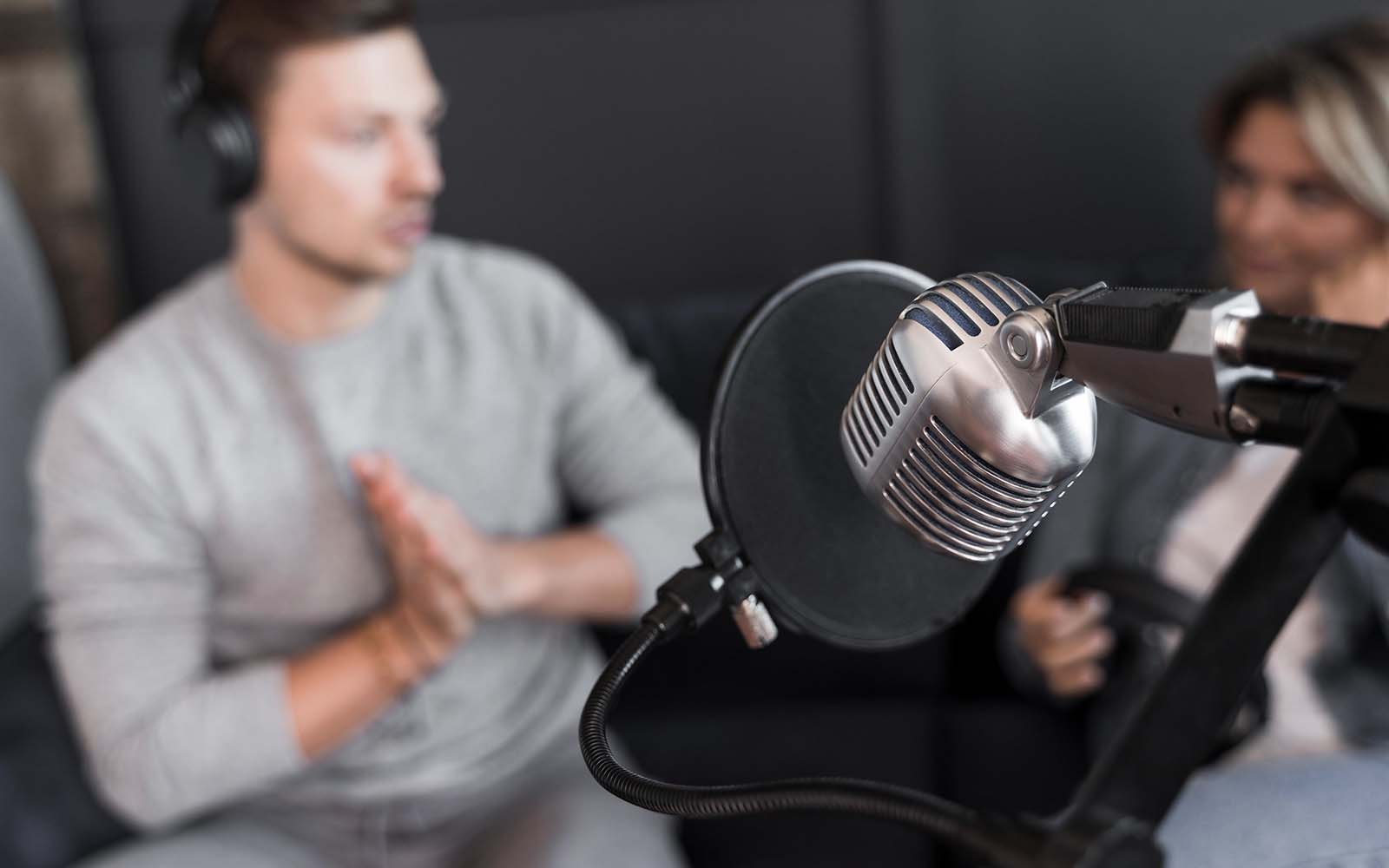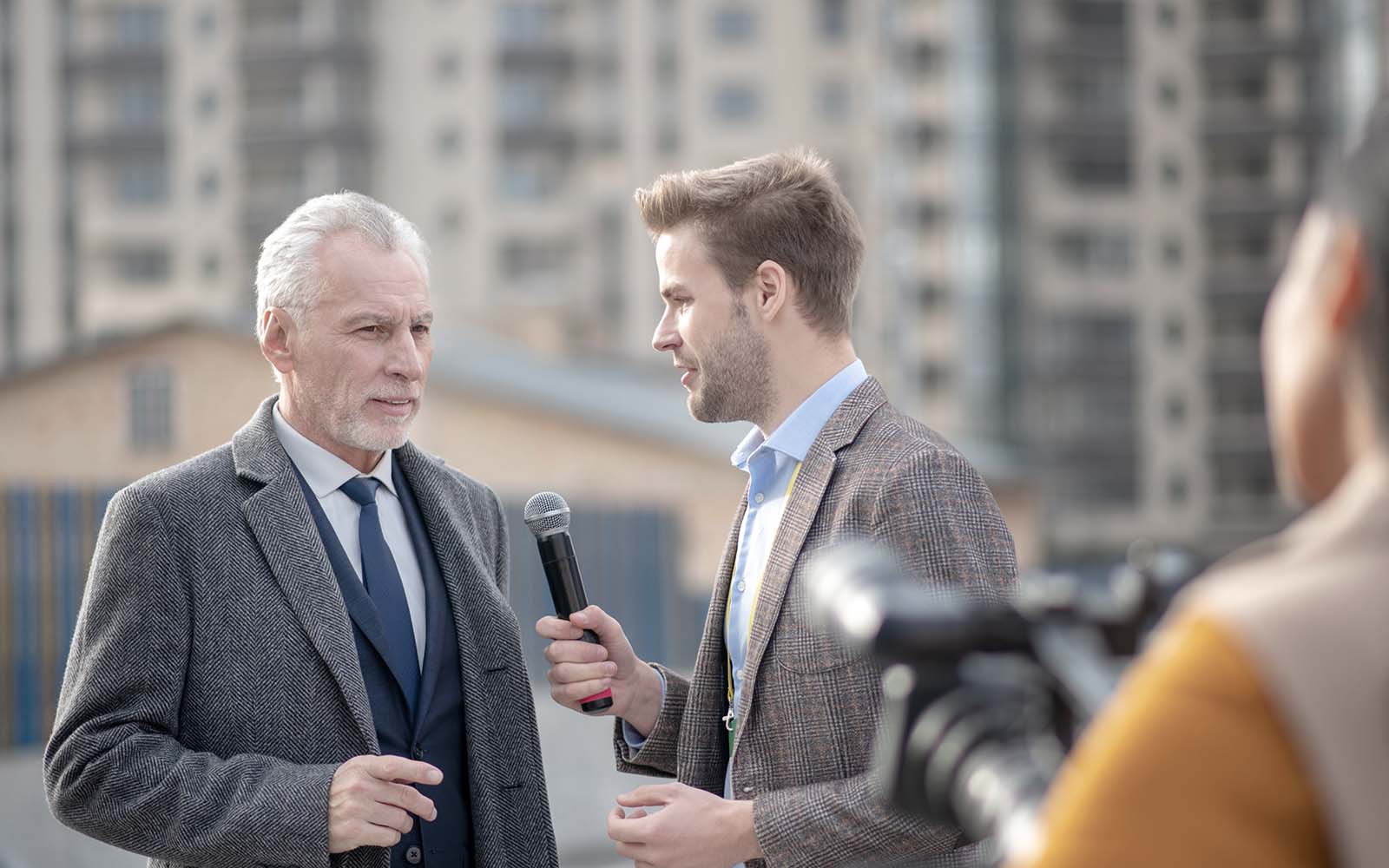Listeners:
Top listeners:
-
 play_arrow
play_arrow
RiseupRadio RiseupRadio UK
The city of Hangzhou is one of the most historic and beautiful in China.
But this ancient place now has the most modern of reputations, as China’s ‘Silicon Valley’.
A vibrant hub for entrepreneurs and high-tech start-ups, Hangzhou is home to headline-grabbing success stories like Alibaba and breakthrough AI firm, DeepSeek.
In the context of escalating competition with America, the world is increasingly paying attention.
Those who are part of the tech scene here brim with enthusiasm.

Hangzhou, in Zhejiang province, has been labelled ‘China’s Silicon Valley’
Over coffee, in an ultra-modern city complex, they describe how exciting this moment feels, not just for their businesses, but for China too.
“We have the talents, we have the environment, and we have the full supply chain, even though we have a challenging environment,” says Grace Zheng, who has worked at the AI glasses creator Looktech since its inception.
“It’s our time.”
The others laugh and nod. “I agree with it,” says Jia Dou, whose company Wuli Coffee, creates high-tech, automated commercial coffee machines. “And I think it’s our time to show and battle with other foreign countries.”

Grace Zheng is enthusiastic about the future for China
And is that a battle China could now win, I ask? “Of course,” comes the answer.
They tell stories of how estate agents in Hangzhou dedicated hours of their time for free to find the perfect laboratory space, and how the local government showered them in grants and incentives; so hungry is this city for tech success.

These entrepreneurs in Hangzhou say the city supports a vibrant hub of tech start-ups
“Hangzhou says we’ll provide the sunshine and the water, you go ahead and grow,” explains Zhang Jie.
She is the convenor of this group. An entrepreneur herself and the founder of a thriving ‘incubator’ for start-ups, she has invested in and mentored all the others around the table.
She is passionate, energetic and has a second-to-none understanding of what makes Hangzhou and China’s tech scene so successful.
“In China, we have more than 10 million university and college students graduating. Then we’re talking about at least five to six million engineers with college education background,” she says.
“So with such a large group of young and intelligent people with a good environment, a favourable environment for entrepreneurship, I’m sure there will be even greater companies coming in the future.”

Zhang Jie helps start-ups in Hangzhou, where she says entrepreneurship is able to thrive
Indeed, a combination of light-touch local regulation, (unusual in China more broadly), coupled with one of the most business-oriented and free-thinking universities in the country, Zhejiang University, is viewed by many as the secret sauce in Hangzhou.
Zhang says she has had more young people approach her with business ideas in the last quarter than at any other time before, and she is full of optimism about the current wave.
“They are already companies [in China that will] probably be greater than Apple, right?” She laughs.
And she may well be right.
But there is one name in particular, born and bred in Hangzhou, that has captured the world’s attention in recent months.
When DeepSeek unveiled its latest open-source AI model earlier this year, it stunned the world, claiming to be as good as western competitors for a fraction of the price.

The Hangzhou HQ of DeepSeek, which has stunned the world with its recent AI advances
Many are now talking about the ‘DeepSeek moment’, a moment that turbocharged confidence within China and made the rest of the world sit up and take notice.
Indeed, successes like this are being lauded by China’s leaders. In February, tech bosses, including DeepSeek’s founder Liang Wenfeng, were invited to a symposium with Xi Jinping and his top team.
Photo ops and handshakes with the president, an abrupt change from the crackdown they faced just a few years ago. In fact, tech is now being positioned as a key pillar in China’s future economy, repeatedly highlighted in official communications.
But what is seen as inspiring innovation in China is viewed by the United States as a threat.
Donald Trump is moving to ramp up restrictions, including more export controls on chips being sold to China.

Follow our channel and never miss an update.
Read more from Sky News:
What is DeepSeek?
China raises tariffs on US
Businesses in Hangzhou are of course aware of the trade war unfolding around them, many who export to America will take a significant hit, but most think they can cope.
Dr Song Ning is one of them. He proudly shows us his factory, which is integrated with the lab work and R&D side of his business.
His company, Diagens, uses AI to massively speed up medical diagnostics, cutting the time taken to run a chromosomal screening from 30 days to 4. He is also working on a chatbot called WiseDiag which has more advanced medical understanding and can be used by patients.

This lab at the firm Diagens is using AI to speed up medical diagnostics
While they are actively seeking business in over 35 foreign countries, for now, the pursuit of American customers is on pause.
“Competition is a good thing… it makes us all stronger,” he says.
Install the Sky News app for free

Dr Song Ning believes Donald Trump’s policies will not be able to impede innovation
“I do not think by limiting the scientific and technological progress of China or other countries, Trump will be able to achieve his goal, I think it is a false premise.
“Information is so developed now, each country has very smart people, it will only force us to have more tech innovation.”
While individuals remain defiant, the trade war will still leave a big hole in China’s economy. Tech firms, however advanced, can’t yet fill that gap.
But the innovation here is rapid, and there is no doubt, it will leave its mark on the world.
Written by: Pippa Taylor
Similar posts
Recent Posts
- Birmingham bin strike resolution ‘could be in touching distance’ – as conciliation service drafted in
- Man who researched Southport killings jailed for 30 years for attempted murder of nine-year-old girl
- PM urges MPs to ‘lower temperature’ of trans debate – and refuses to accept he’s changed his stance
- Woman jailed for 10 years and six months over deaths of four paddleboarders
- Istanbul hit by 6.2 magnitude earthquake
Recent Comments
-

Midday Mix
Music of all ages for the perfect day!
No stress, just non-stop tunes to fuel your afternoon – only on Riseup Radio.
close Top popular
CONTACTS
- https://riseupradio.uk/
- +01 0101 01 23 31
- studio@riseupradio.uk
ABOUT
RiseupRadio is your feel-good online station, broadcasting from Greece and the UK. From throwbacks to party vibes, we’ve got the tunes to lift your day. Tune in and rise up with us!
© 2025 RiseupRadio. All rights reserved.
RiseupRadio.uk |
RiseupRadio.co.uk | RiseupRadio! App
All content is owned by RiseupRadio and may not be copied or reused without permission.















Post comments (0)